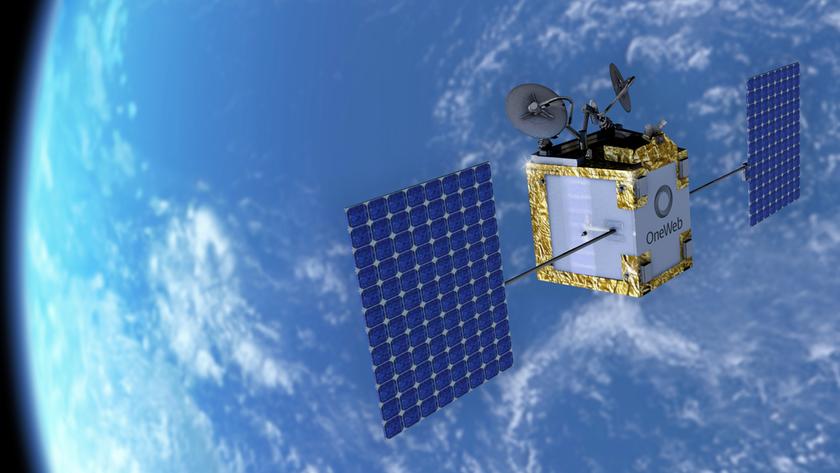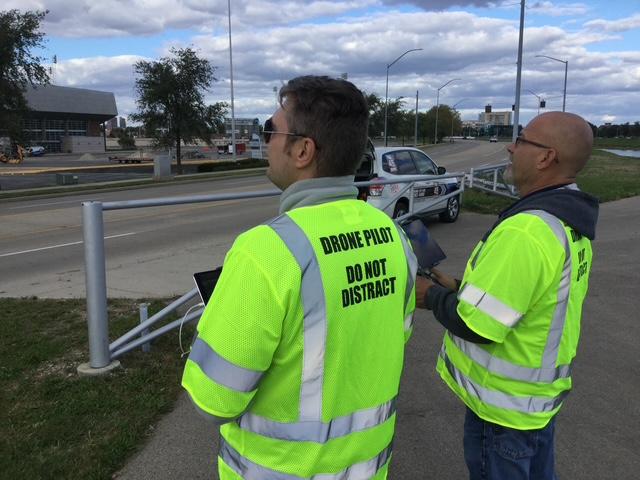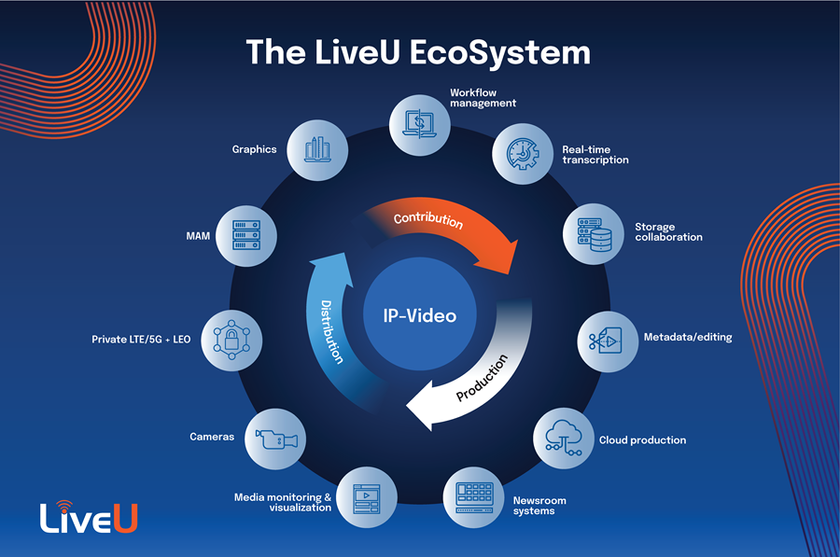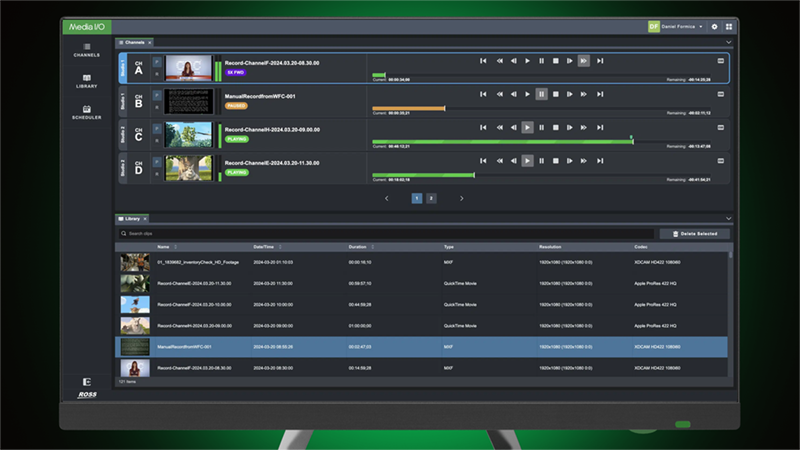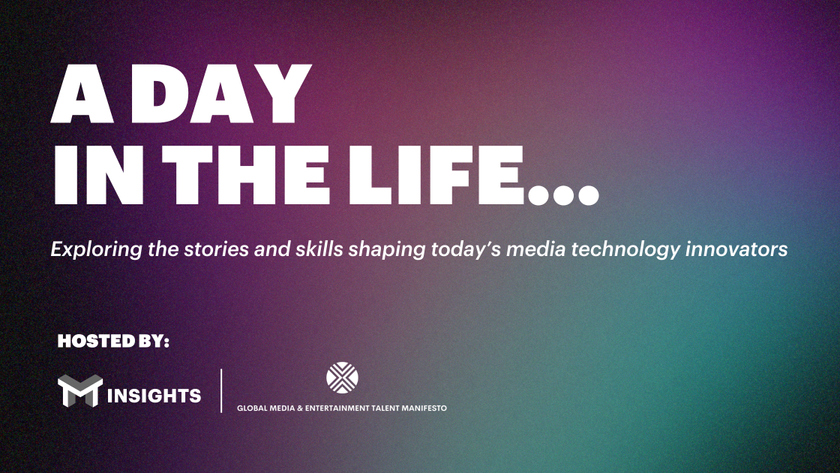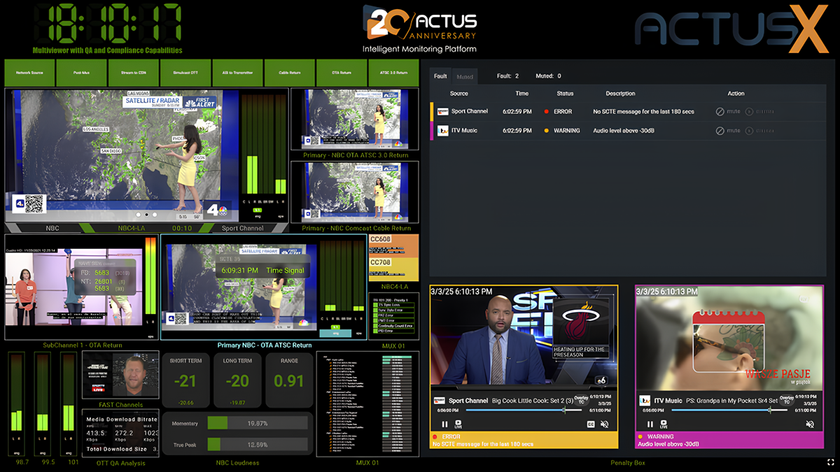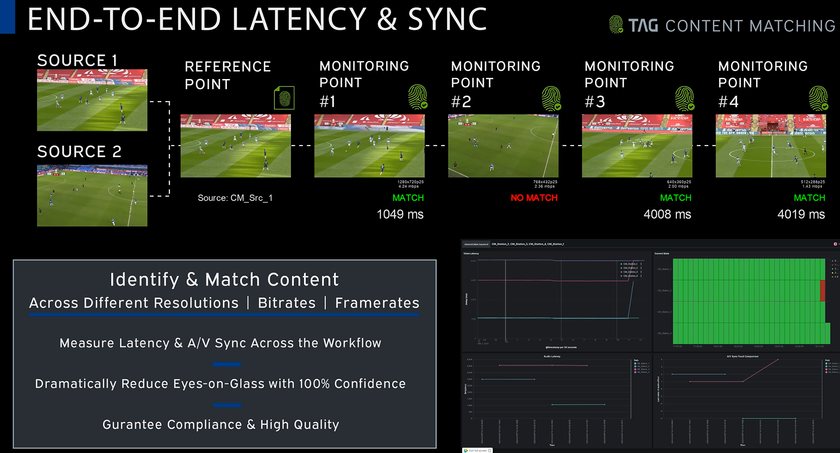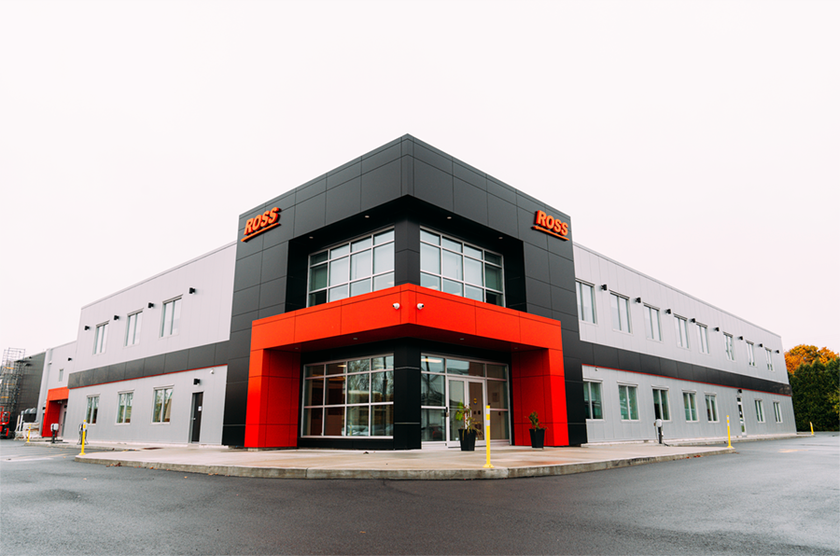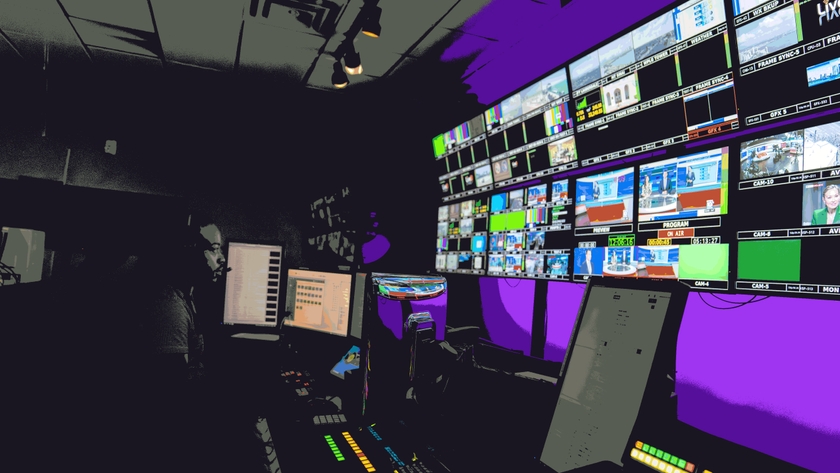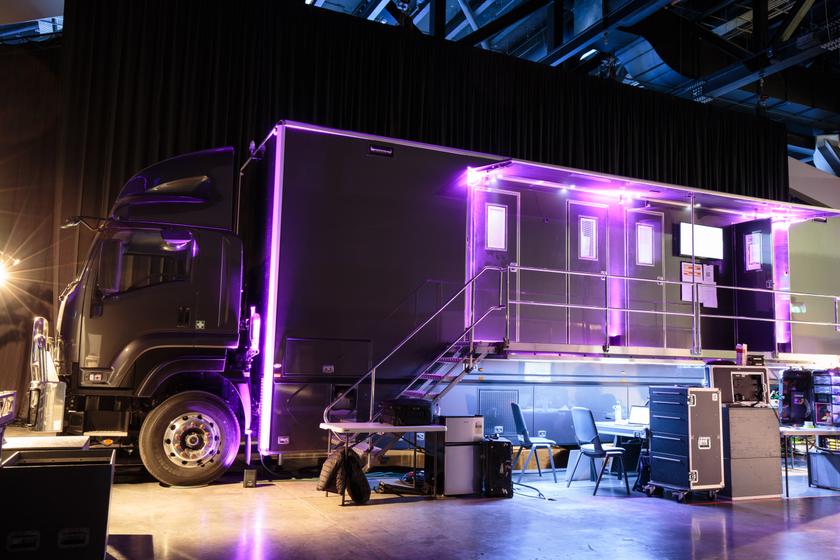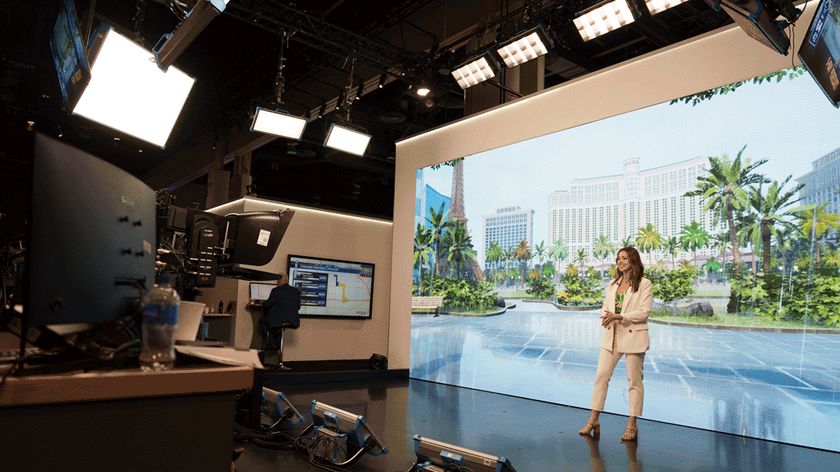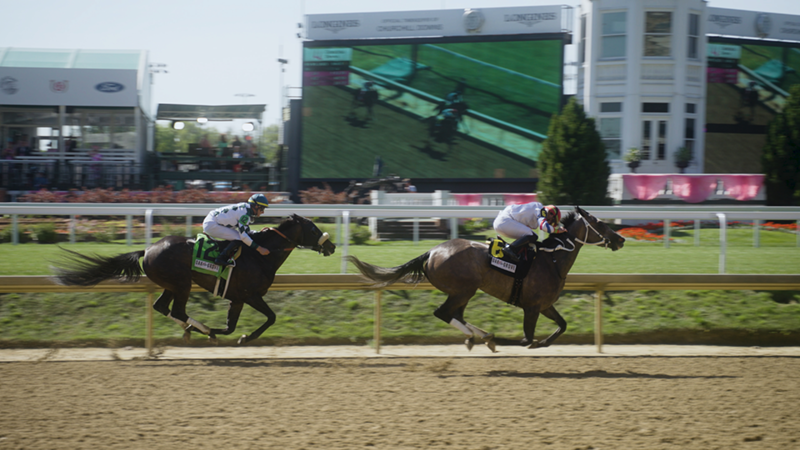AES New York 2017’s Product Development Track to Feature the Industry’s Newest Advancements in Audio Technology and Methods
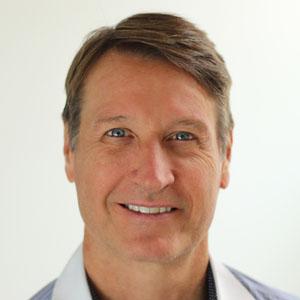
— “Disruptive Topics in Audio Product Development” is this year’s theme. Methods of bringing products to market faster, new headphone design techniques, development methods and better audio coding methods, and more will be covered in series of in-depth seminars —
New York, NY — Advancements in technology and methods are at the very core of the Audio Engineering Society’s efforts, and the 143rd AES International Convention’s Product Development Track (http://www.aes.org/events/143/productdevelopment) will provide a detailed look at the latest innovations in audio product and software development, and the process of bringing those products to market. “The events in this Track have a practical, ‘real-world’ focus, and anyone involved in audio product development will gain new insight and understanding of the critical elements involved,” noted Scott Leslie, AES Product Development Track Chair. “Our Product Development Track spans the entire development process from Concept to Production. Our target audience is anyone who is responsible for product success.”
“Each year we have a theme for the Product Development Track,” Leslie continued, “this year the theme is ‘Disruptive Topics in Audio Product Development.’ The sessions will cover areas where change is disrupting traditional thinking and approaches, with such topics as ‘Modern Hybrid Audio Coding,’ ‘Loudspeaker and Amplifier Power Ratings: Is it Time to Start Over?’ and ‘Is the Anechoic Chamber Obsolete?’ The AES is the audio education leader, and we owe it to our audience to bring them invaluable information and discussions not available to them otherwise.” As has become the standard for the Product Development Track, all sessions are workshops, where the session presenters lead a discussion that is highly interactive and at times quite high-energy. This year’s Product Development Track is part of AES New York 2017, which brings a Maximum Audio experience to the Jacob Javits Center in Manhattan, October 18 to 21.
The Product Development Track sessions are part of the full AES NY technical program, comprising hundreds of sessions covering the full spectrum of professional audio. All Access registration is your ticket to maximize your audio experience, an amazing value that includes every opportunity the Convention has to offer. Advance pricing – the best value – is currently available online, with steep discounts for AES Members and an extra special discount for Student Members. Registration is available at www.aesshow.com.
The Product Development Track events open with “Parallel Development: Speed Time to Market,” led by Scott Leslie. In this seminar Leslie will address the ever-growing time-to-market pressures facing audio manufacturers today. Product lifecycles and windows of opportunity are shrinking, and companies often miss their time-to-market needs because they don’t make the appropriate changes to their development strategy that are required in today’s fast-moving environment. Leslie will lead a discussion on how parallel development can be an effective strategy in speeding time-to-market. He’ll explain ways to leverage best practices, look at the use of both inside and outside resources, evaluate build vs. buy approaches and explain the latest development technologies in the aim of achieving a true parallel development process.
Headphones are on everyone’s minds – and heads! – these days, and the second Product Track Development event, “Headphones, Headsets and Earphones: Electroacoustic Design and Verification” will review basic electroacoustic design concepts, including gain, sensitivity, sound field correction, linear and non-linear response and the use of test signals for ear-worn devices. Presenter Christopher Struck of CJS Labs will cover these and more advanced considerations – such as the concept of insertion gain, equivalent volume and acoustic impedance – while using ear simulators and test mannequins. He’ll also look at issues with interfacing headphones to digital devices over USB and Bluetooth, active vs. passive noise cancellation and more.
Day two leads off with “What Happens in a Patent Lawsuit?,” which will cover what to expect when you’re involved in one – and how to win. “New Amplifier Requirements for Speaker Protection and Control” will address the growing demand for active speaker protection and the design challenges as audio amplifiers transform more and more into “smart” products with integral sensing capabilities, digital interfaces and internal signal processing. Day two closes with “Loudspeaker and Amplifier Power Ratings: Is it Time to Start Over?” How to properly measure amplifier output power and the “power” consumed by a loudspeaker have been subjects of debate for decades, and this session will discuss ways in which the industry can move forward in creating new specifications and testing methods that will give system designers better real-world working parameters.
Day three’s “Modern Hybrid Audio Coding” will present the current state of development in overcoming traditional limits for compression efficiency in audio coding by using semi-parametric, or hybrid, audio signal coding. Audio examples will be used to demonstrate the relevant technologies. “Agile Audio Product Development” will cover the most recent advances in design tools for audio product developers and walk attendees through a typical product development cycle. The next seminar, “Reusing and Prototyping to Accelerate Innovation in Audio Signal Processing,” will explain how designers can re-use existing design assets, code, and IP in bringing complex products like voice-activated devices to market more quickly. Rounding out day three, “Front End Audio Processing for Voice-Enabled Products” will examine processing techniques like beam forming, echo cancellation, direction of arrival estimation and noise reduction, which are necessary for effective voice recognition in consumer and automotive audio products.
“Is the Anechoic Chamber Obsolete?” Day four asks the question and explains that, although using an anechoic chamber is still an effective way to measure loudspeakers, there are pitfalls that must be avoided, and that a new method of holographic measurements based on near-field scanning can provide highly accurate reference data. AES New York 2017’s Product Development Track events will close out with “FIR-Based Beam Shaping – Revolution or Evolution?” This session will examine the next advance in sound field control: horizontal arrays and modular planar systems with steering capabilities, using horizontal and 3D coverage control via FIR filter optimization.
Additional information about the AES Product Development Track is available at: http://www.aes.org/events/143/productdevelopment
Register now and make plans to join us at AES New York 2017. The convention will be co-located with the independent and adjacent NAB Show New York 2017. Registration, at any level, for AES New York 2017 will give attendees access to the NAB Show New York exhibition floor and the content in the NAB Show New York’s Core Package (a $75 value). Register now, upgrade to the All Access registration for the Maximum Audio experience, including the Product Development Track, and reserve housing for the 143rd AES Convention at aesshow.com.
Photo Caption: Scott Leslie, AES New York 2017 Product Development Track Chair
Get the TV Tech Newsletter
The professional video industry's #1 source for news, trends and product and tech information. Sign up below.
